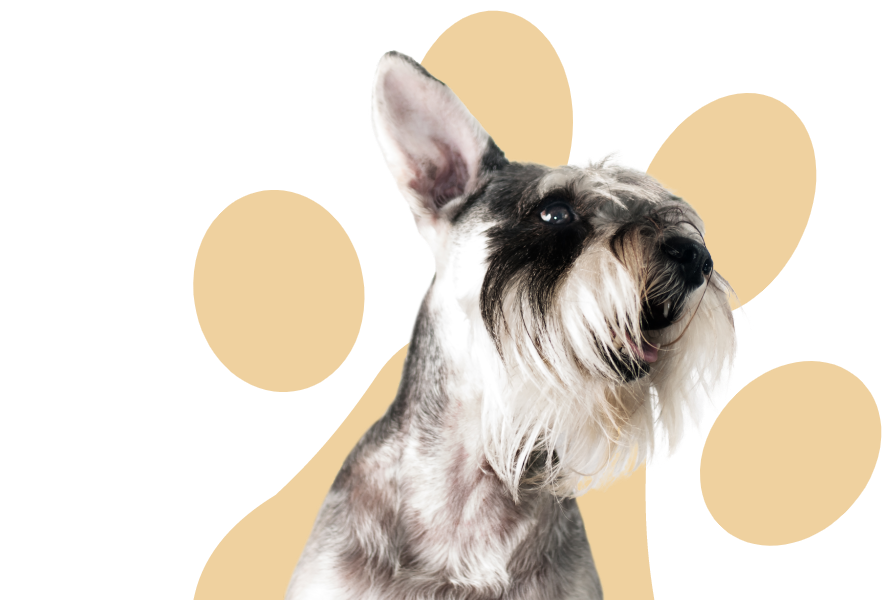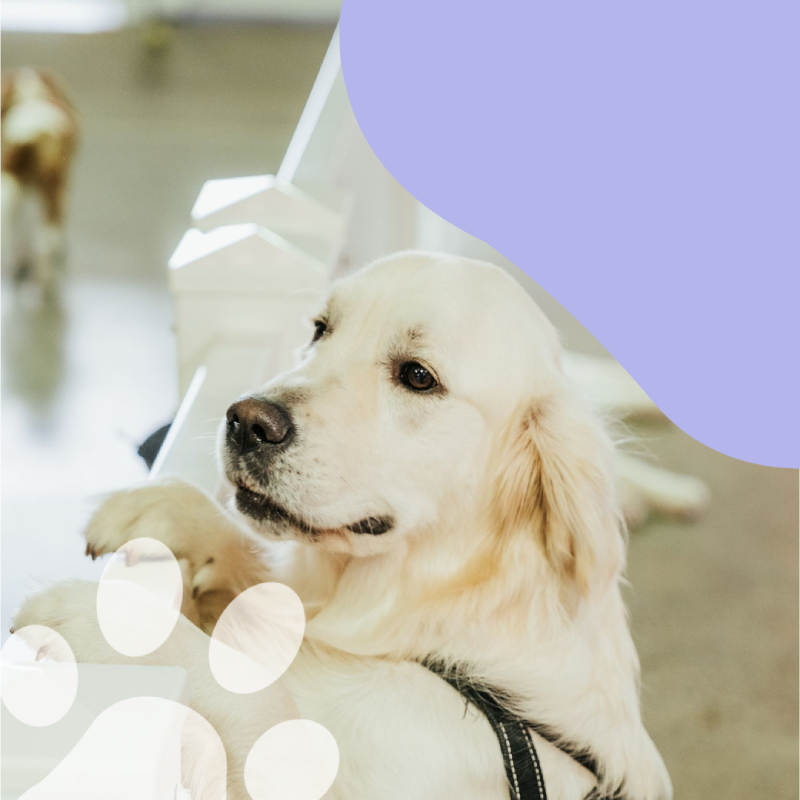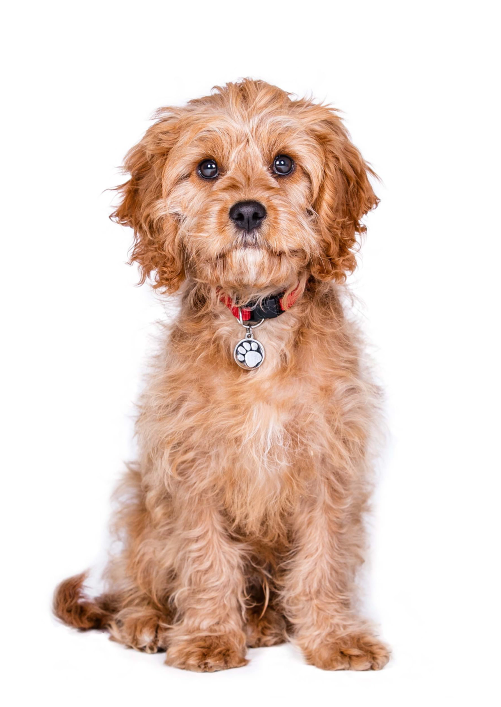All any pooch owner wants is for their furry friends to be healthy and happy. However, this isn’t always the case. As dog owners, it’s important to be aware of the signs of poor health and understand when misbehaviour might actually be an indication of something slightly more sinister. In this blog, we’re sharing five common signs to watch out for to ensure your pooch gets the attention, care and love they need to keep their tails wagging.
1.Loss of appetite or sudden weight loss
Sudden appetite loss or unexplained weight loss could be a sign of an underlying health issue. Dogs who refuse to eat or show a decreased interest in food may be experiencing digestive problems, dental issues, or other health issues.
2.Increased thirst and frequent urination
If your pooch is drinking more water than usual and also needs to go out more frequently, this could be a sign of a health problem such as kidney disease or diabetes. While it’s always good to keep your pooch hydrated, excessive drinking might mean something is wrong.
3.Lethargy and lack of energy
Some common culprits of reduced enthusiasm and lower levels of activity than are anaemia and infections. When the word ‘walk’ isn’t responded to with the same level of excitement as usual, your pooch may be experiencing pain or some level of discomfort.
4.Changes in behaviour or temperament
Sudden aggression, fearful behaviour, or changes in character, might be a sign of physical discomfort or a response to changes in their environment. While they might not be able to literally speak to you, dogs will be able to show you something’s not quite right through their behaviour.
5.Coughing, sneezing, or difficulty breathing
If your pooch is coughing, sneezing, or having trouble breathing, a respiratory infection or other health issue may be at play.
While we love taking care of your furry friends and always keep an eye out for unusual behaviour at our daycare, it’s important to contact your vet directly and seek help from a qualified professional if your pooch is experiencing these symptoms.







